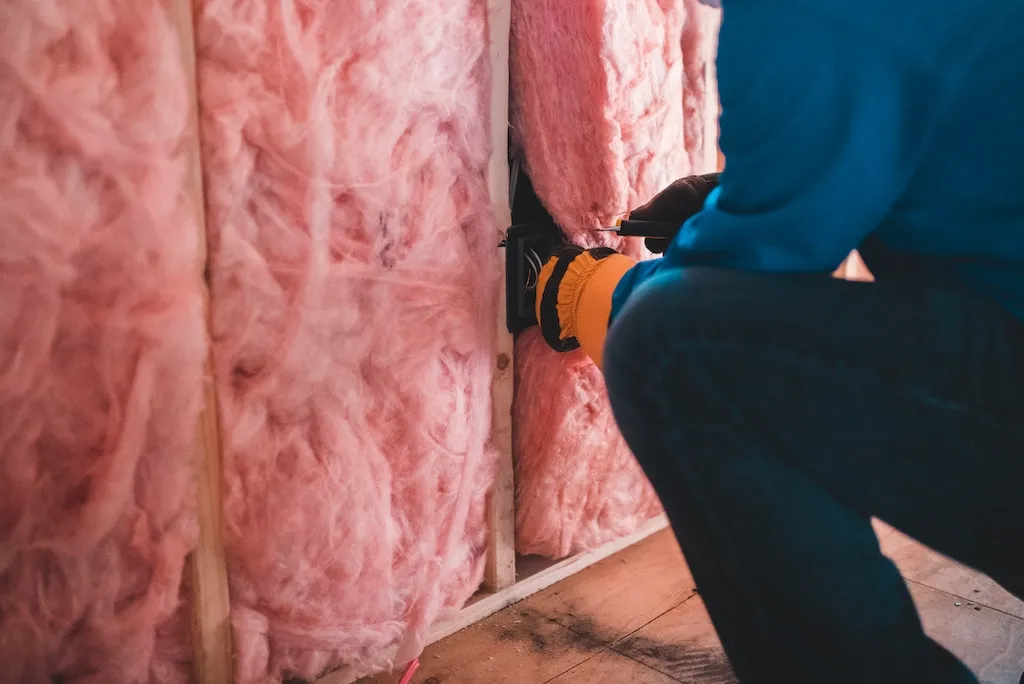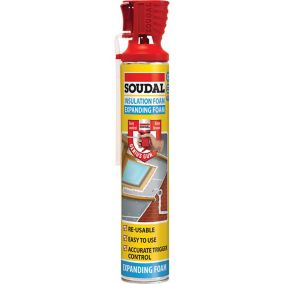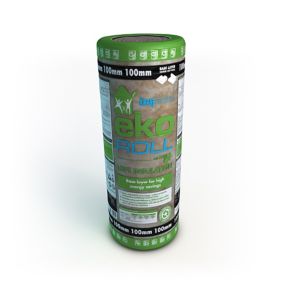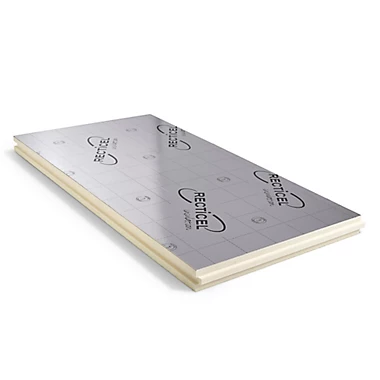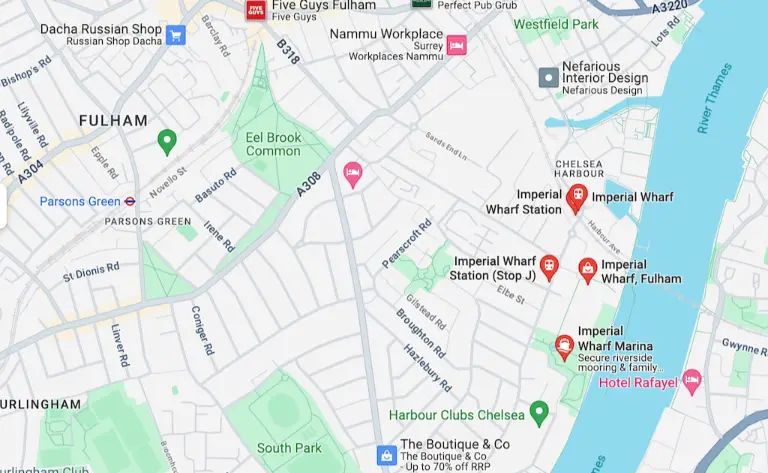When it comes to creating an energy efficient home, insulation plays a vital role in minimising heat loss or gain, reducing energy consumption, and maintaining a comfortable indoor environment. With various insulation options available, it’s essential to understand the most thermally efficient and highest R-value materials. In this article, we will explore some of the most energy-efficient types of insulation to help you make informed decisions when insulating your property.
Spray Foam Insulation
Spray foam insulation is widely regarded as one of the most thermally efficient options available. It is a two-part mixture that expands upon application, filling gaps and creating an airtight seal. This insulation provides an excellent thermal barrier, effectively reducing heat transfer and preventing drafts. Spray foam insulation has a high R-value per inch, offering exceptional energy efficiency. However, professional installation is required, and it may be more costly than other insulation types.
Cellulose Insulation
Cellulose insulation is made from recycled paper treated with fire-retardant chemicals. It is a loose-fill insulation that can be blown into wall cavities, attics, and other areas. Cellulose insulation offers excellent thermal performance and can reduce air leakage. It has a relatively high R-value, making it an energy-efficient choice. Additionally, cellulose insulation has good sound-absorbing properties and is environmentally friendly.
Fiberglass Insulation
Fiberglass insulation is a popular and cost-effective option for many homeowners. It consists of thin fibers of glass that are tightly woven together to create a blanket-like material. Fiberglass insulation is available in batts or rolls and can be installed in walls, attics, and crawl spaces. While it provides effective thermal insulation, its R-value per inch is slightly lower compared to other materials. However, it remains a common choice due to its affordability and widespread availability.
Mineral Wool Insulation
Mineral wool insulation, also known as rock wool or slag wool, is made from natural minerals such as basalt or recycled industrial materials. It is available as batts or loose-fill insulation. Mineral wool insulation offers excellent thermal and acoustic properties and is resistant to fire and pests. It has a higher R-value per inch compared to fiberglass insulation, providing enhanced energy efficiency. Mineral wool insulation is versatile and suitable for various applications, including walls, roofs, and floors.
Polyisocyanurate (Polyiso) Insulation
Polyisocyanurate insulation is a type of rigid foam insulation that provides excellent thermal performance. It is commonly used in commercial and residential buildings. Polyiso insulation has a high R-value per inch, making it an energy-efficient choice. It offers good resistance to moisture and can be used in various applications, including walls, roofs, and foundations. However, proper installation and vapor barriers are essential to maximize its effectiveness.
Choosing the most energy-efficient type of insulation is crucial for reducing energy consumption and creating a comfortable and sustainable living environment. The insulation types discussed above, including spray foam insulation, cellulose insulation, fiberglass insulation, mineral wool insulation, and polyisocyanurate insulation, offer varying levels of thermal efficiency and R-value. By considering factors such as installation requirements, cost-effectiveness, and specific application needs, you can select the insulation material that best suits your property and energy-saving goals. Consulting with insulation professionals and considering local climate conditions will further assist in making informed decisions. Remember, an investment in energy-efficient insulation can lead to long-term energy savings, increased comfort, and a reduced carbon footprint for your property.

